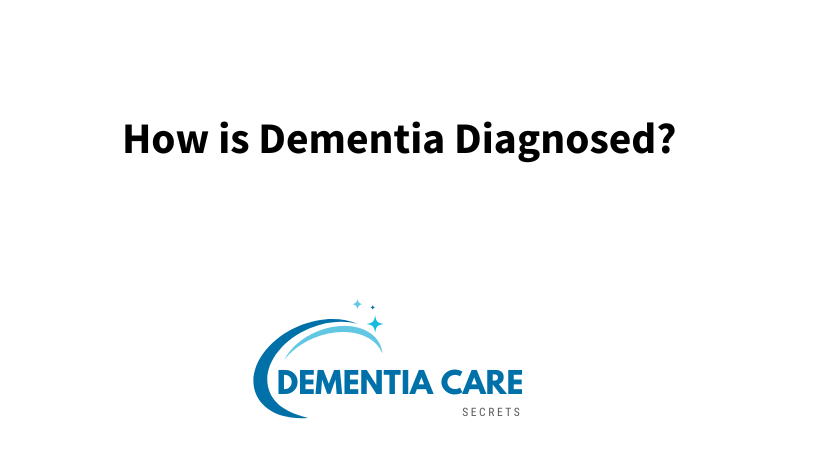The Process of Diagnosing Dementia

Diagnosing dementia presents challenges due to the vast array of dementia types, including both progressive and potentially reversible forms. Physicians aim to recognize patterns of skill and ability loss in patients while assessing retained capacities. Advancements in diagnosing Alzheimer's disease, such as biomarker checks, have improved accuracy, replacing the need for post-mortem brain autopsies. Initial diagnosis involves reviewing medical history and current symptoms, along with a comprehensive physical examination that incorporates family history and pertinent questions about behavior, personality changes, medical issues, and medications.
To accurately diagnose dementia, a battery of tests is required, given the numerous variations. Blood tests can reveal physical issues impacting brain function, while spinal fluid analysis might detect infections, inflammation, or degenerative markers. Referrals to specialized doctors like neurologists, psychiatrists, psychologists, neuropsychologists, and geriatricians might be necessary. A neurological evaluation may involve brain scans like CT or MRI to identify strokes, tumors, or abnormalities like hydrocephalus. Cognitive tests assess memory, reasoning, and language, with evaluations of perceptual abilities, problem-solving, and sensory functions. Importantly, the aim is to rule out other conditions for a precise diagnosis.
A psychiatric evaluation might be recommended to explore potential contributions from mental health conditions. Preparing for an appointment involves detailing symptoms, stressors, medication lists, and questions. Sharing family history, especially the type of dementia a relative had, aids the diagnosis process. Seeking medical attention promptly is crucial, as early diagnosis and treatment enhance access to necessary services, potentially improving both the quality and length of life for individuals with dementia. Early interventions can also slow disease progression, enhancing overall outcomes.





